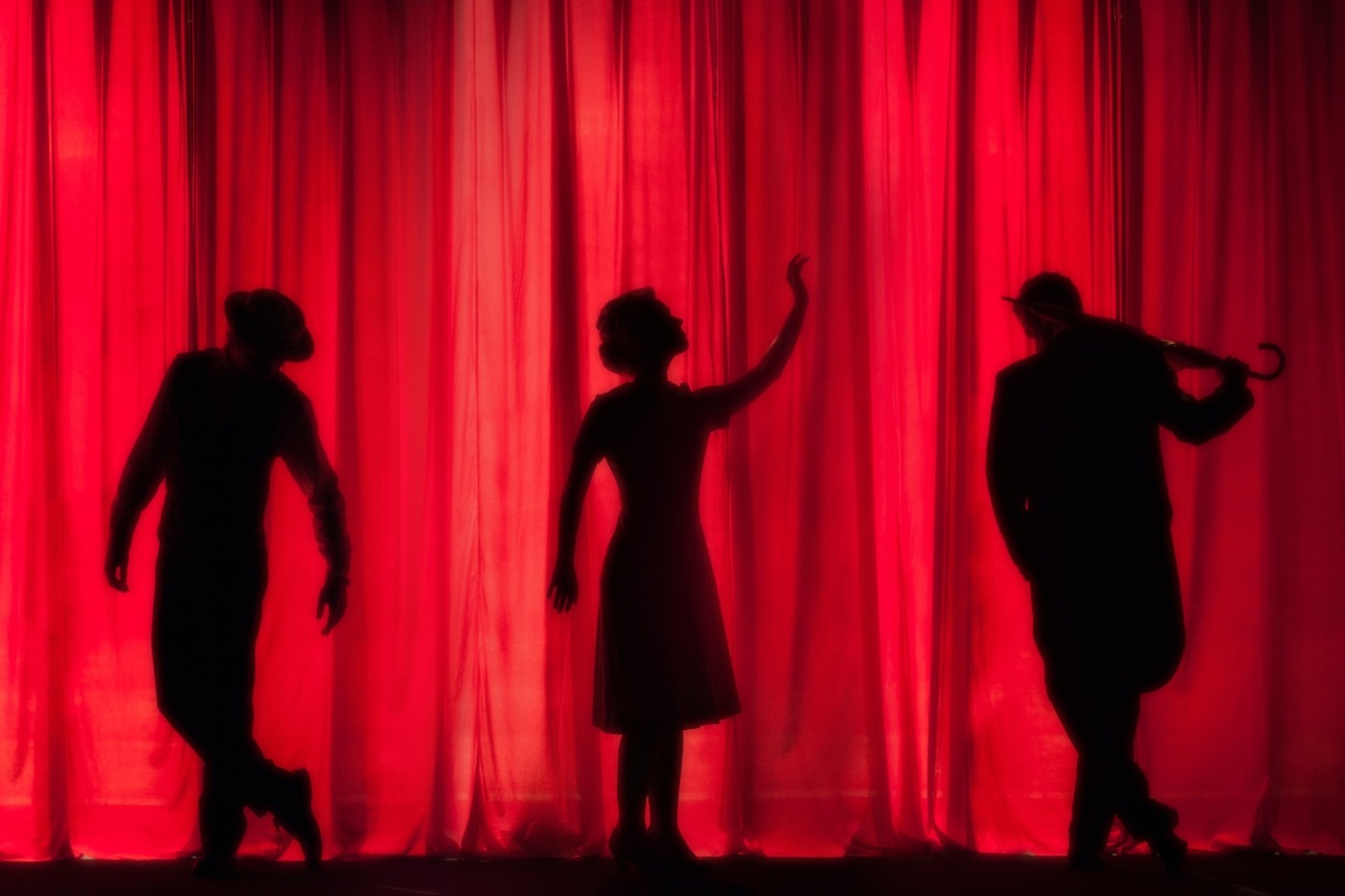Movie musical adaptions: Why they are (mostly) worthwhile and what makes a good one
Whether it’s Ben Platt’s hair in Dear Evan Hansen, or the bizarre CGI catsuits in Cats, critique and downright ridicule of musicals that have been adapted into films is never far away. While theatres only recently opened their doors to show musicals after a lockdown hit the industry hard, the film industry has been lapping up movie musicals as accessible and often uplifting features on our screens.
Even though criticism of movie musicals feels like it’s everywhere, there’s plenty of positives to be found in the genre. To understand what differentiates the top from the absolute flops out there, it’s essential to consider what makes the good ones, well, good.
Increasing accessibility to the Arts, and fans’ favourite musicals, is the best reason why we shouldn’t turn our backs on adaptations of musicals.
Adapters of musicals have a difficult task on their hands from the outset. The source material available means that they can focus less of their efforts on development (the songs are written, the characters are created, etc.) and more on the actual execution. Like with adaptions of books, musicals come with built-in, hardcore fans that are likely to be the first to the cinemas to watch the new film. However, literature and stage are very different mediums, while stage and screen are much more similar, requiring a film adaption of a stage musical to do more to keep an audience engaged, to allay any feelings of deja-vu.
Increasing accessibility to the Arts, and fans’ favourite musicals, is the best reason why we shouldn’t turn our backs on adaptations of musicals. With tickets to Dear Evan Hansen in London reaching over £100, realistically, without these adaptations, these musicals wouldn’t reach the number of people that they have. Many wouldn’t be willing or able to shell out on trips to theatre hubs to watch their favourite musicals, but they are willing or able to spend less than a tenner on a ticket to see an adaption in a cinema.
Using your imagination when watching a stage production is expected, but little is left to the imagination in the film production
Filmmakers must choose the right musical to adapt. While the costumes of Cats work on stage, translating them to the screen requires difficulty. Using your imagination when watching a stage production is expected, but little is left to the imagination in the film production – audiences expect everything to be as it would be in real life when they’re in the cinema, so more questions were raised than answered when the costumes for Cats were seen for the first time. As Kayleigh Donaldson points out in “Why The Cats Movie is So Bad”, the music lacks the modernity of other film musicals, like In the Heights and Disney classics Moana and Frozen. To modern audiences, the soundtrack sounds dated.
Just because a stage musical has been a hit in its current form, it’s still okay to make some changes. In Everybody’s Talking About Jamie, released last month on Amazon Prime, the song ‘Legend of Loco Chanel’ was cut. It’s an over-the-top retelling of how Hugo, owner of drag shop House of Loco (Victor’s Secret in the musical) dealt with a sleazy agent by shooting him dead, turning his drag persona, Loco Chanel’s, “virgin gown to deepest red”. In its place is ‘This Was Me’. In contrast to the film noir predecessor, it is a bittersweet reminiscence of Hugo’s youth. It explores the joys of young love and sexual freedom, but also the AIDS crisis and the death of Freddie Mercury that rocked the gay community. ‘Loco Chanel’ wouldn’t have worked as well – the song is easy to misunderstand, and doesn’t fit with the theme of the film.
They should make the audience forget that they’re watching a musical, making everything seem effortless and emphasised
Finally, film adaptations of musicals need to give you the immersive experience that you get in the theatre. When you visit West End or Broadway, you’re treated to top-quality, live musicians and atmospheric lighting (amongst other things) that mean that the limitations of the stage melt away, and you are swept along with the story and songs. Musicals on screen need to be so much more than someone deciding to film a musical one day – they need to mirror the immersive experience found in theatres. It needs to take itself seriously but know when to have fun. In the Heights drags the audience into the Dominican neighbourhoods of New York, helping you to imagine that you’re on the street watching hordes of all dancing, all singing talents proclaim their love for their block. They should make the audience forget that they’re watching a musical, making everything seem effortless and emphasised – hundreds of people dancing in a swimming pool while singing about the lottery are very normal, thank you very much.
Like anything else, adaptations of musicals can be good or bad, but the steps to success are more straightforward than we might think. I’m personally excited for Mean Girls: the Musical – if Tina Fey combines the key features mentioned in this article with her comedic talent, she’ll be on to a winner.

Comments